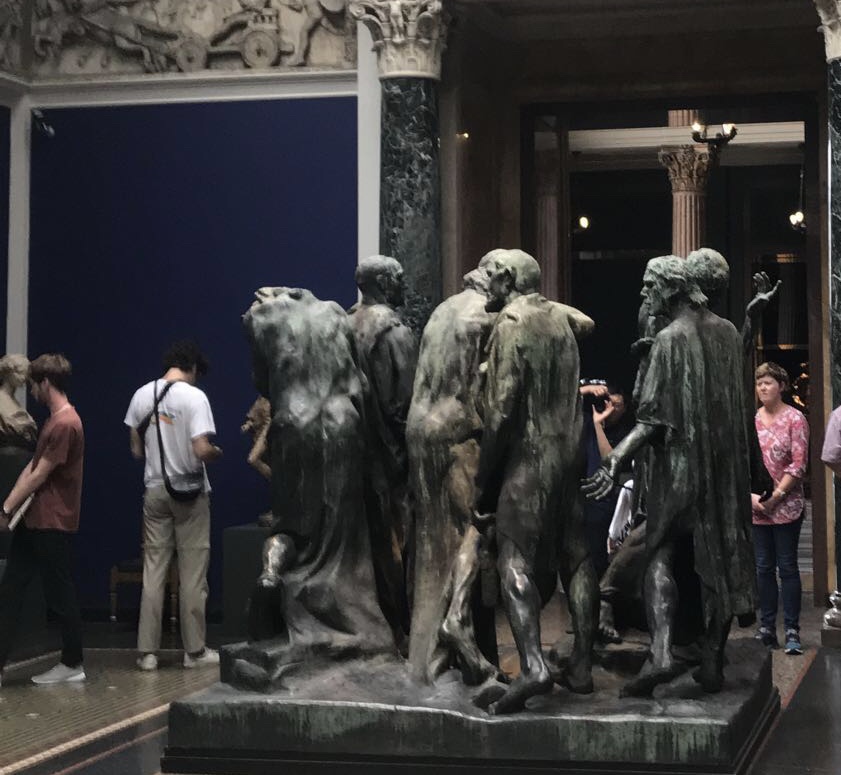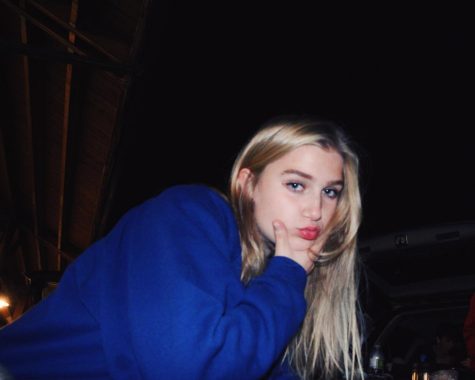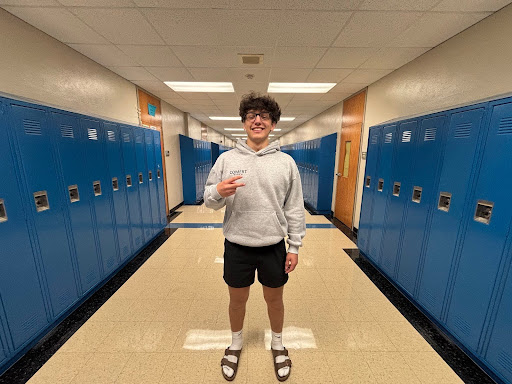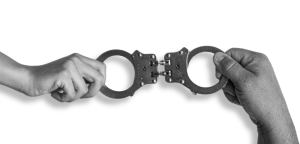Terminus
“This was worse. This time, I had nowhere else to go.”
September 5, 2019
It wasn’t until my second sleepless night in Copenhagen that it dawned on me I might be stuck like this forever.
At four in the morning, my body lay still and rigid against the red heat of the air, my mind walking along a garden fence, each wrist bound by ropes of temptation: that of checking my door’s lock a fourth time and, on the other end, the black dread of moving from my position between the covers.
I was afraid of the dark. I was 16, I was dripping with skepticism and still, still, I was afraid of the dark. More accurately, what lay beneath. There was no way I would admit it to my parents, nor to any of my friends back home, going on as usual 4,000 miles away and seven hours behind. So, I grit my teeth, acted as if the beads of sweat accumulating on my forehead weren’t excruciating, but every second grew increasingly unendurable. In my warped psyche, I began to picture droplets falling through a hole in a bucket and landing between my eyes, each time building up until it felt like a punch in the face. Perhaps I’d never felt true torture, but I’d felt what was on the brink, which was tortuous in of itself.
This was worse. Worse than the collapsed man in that damned Oslo mall where I cracked my knuckles to prepare for CPR. Worse than the drunken boy pinned down by his father directly below my balcony, and his increasingly sobered and desperate chorus of “gå av meg,” which unfortunately didn’t erase the scent of whiskey oozing from his pores. Worse than the midnight I spent in disoriented in the fjords, drunk off rebellion, unsure if I would emerge from the bottomless water. This was worse. This time, I had nowhere else to go.
When the lightly yellowed sky rose to the shoreline outside my window, I understood I was in over my head. Below the radar of whatever might’ve been lurking in the dark, I finally relaxed and faded into something I cannot label as a dream nor a nightmare. The only details I retained were those of about $9 in bills, slabs of half-cooked meat astray on the counter and blood on the carpet that blackened against the oxygen.
Someone, I can no longer remember who, told me to prepare for when the world was no longer in color. That the day of our biggest trauma, the date that ebbs and flows in pain until it’s forgotten and comes angrily back to the surface, would be the last day before the world felt barren. I often wondered when that day would come, or worse, if it already had.









